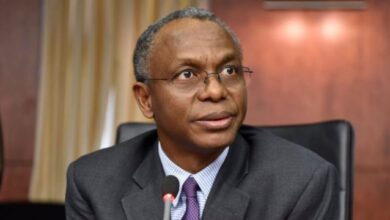
As President Bola Tinubu marks his second anniversary in office, the Nigerian economy remains a subject of intense debate. While the administration touts progress, harsh realities on the ground paint a different picture. Global financial institutions like the World Bank and IMF have expressed mixed views on Tinubu’s economic reforms.
Economic Reforms: A Double-Edged Sword
Tinubu’s decision to remove fuel subsidies and float the naira has been a defining aspect of his economic policy. According to the IMF and World Bank, these reforms have boosted Nigeria’s economy in some respects. The World Bank’s Vice President, Indermit Gill, noted that sustaining these reforms for the next 10-15 years could transform Nigeria’s economy. The African Development Bank (AfDB) also reported that Nigeria’s economic reforms have increased oil production and contributed to GDP growth ¹ ².
The Human Cost
However, the human cost of these reforms cannot be ignored. Nigerians are grappling with soaring inflation, increased poverty, and a depreciating naira. The #EndBadGovernance Movement criticized Tinubu’s administration, stating that the government’s “anti-poor and neo-liberal reforms” have devastated livelihoods and further weakened the nation’s struggling economy. Food prices have risen by over 80% since Tinubu took office, and transport fares have increased by 403.5% for interstate travel ³.
Key Statistics:
- Inflation Rate: 35% in December 2024, the highest in three decades
- Naira Depreciation: from N463/$1 in May 2023 to nearly N1,600/$1 in April 2025
- Fuel Price: increased from N197/liter to N800-N900/liter
- GDP Growth: 3.4% in 2024, with a projected moderation of inflation to 15% in 2025
The Way Forward
As Tinubu’s administration navigates its second term, it’s crucial to address the pressing concerns of Nigerians. The government must balance its economic reforms with measures to alleviate poverty and promote inclusive growth. The World Bank and IMF’s endorsement of Nigeria’s economic direction is a positive sign, but the real test lies in delivering tangible benefits to the masses ².




